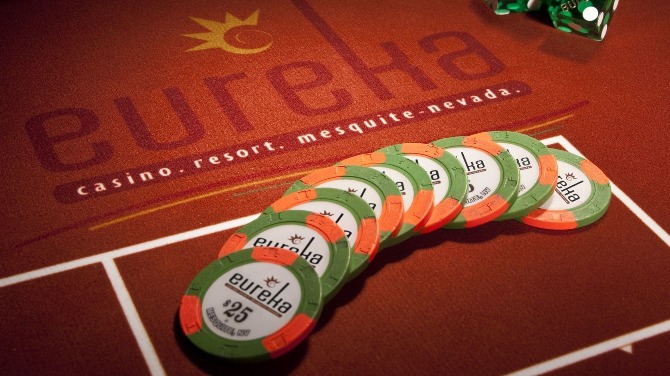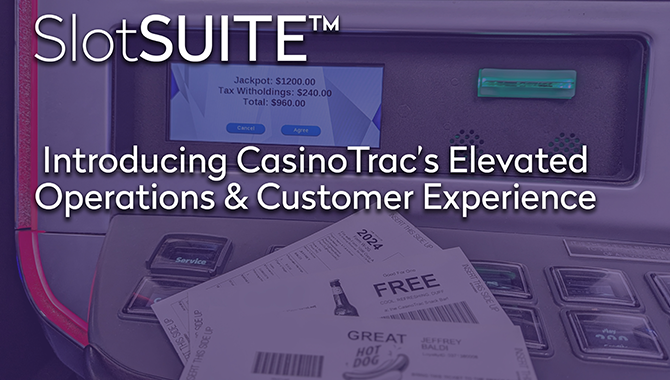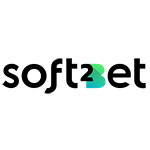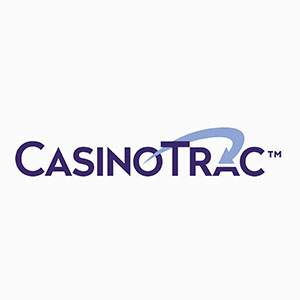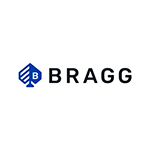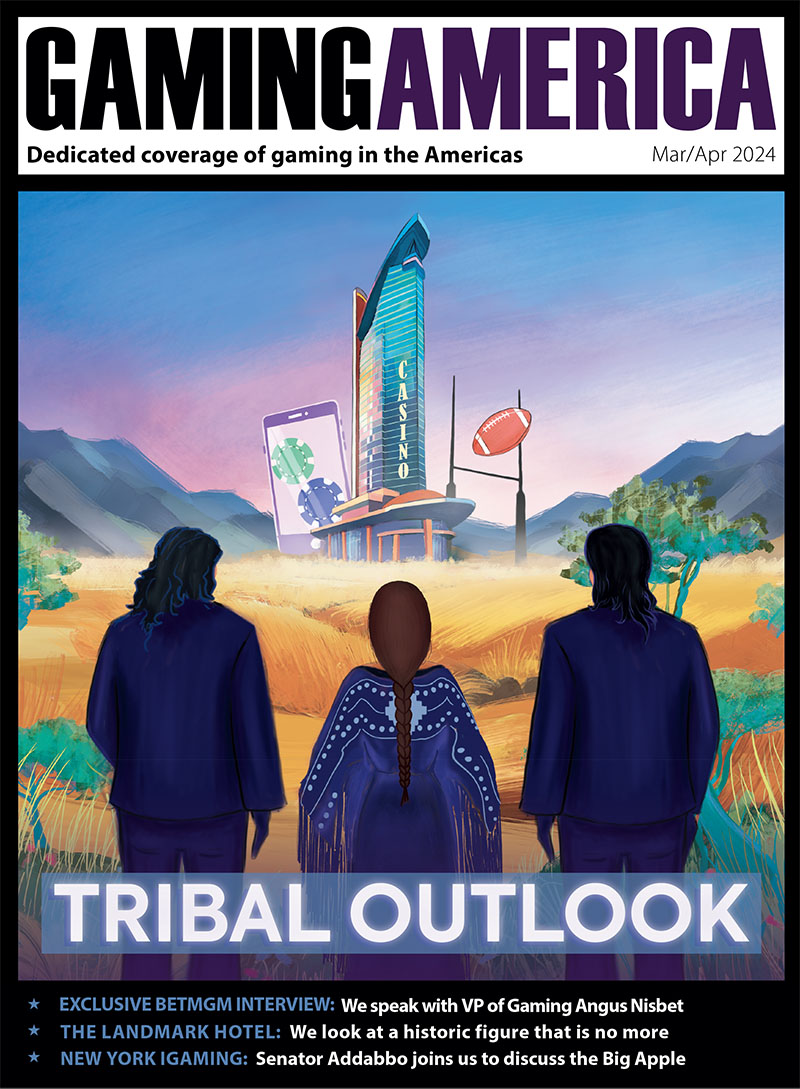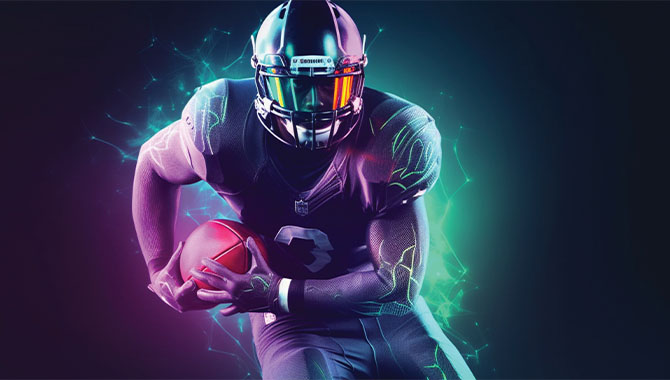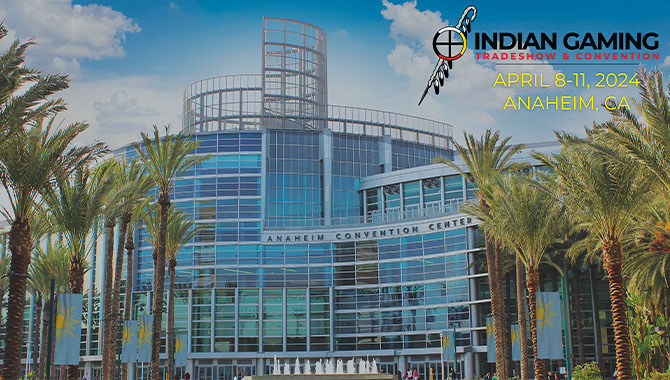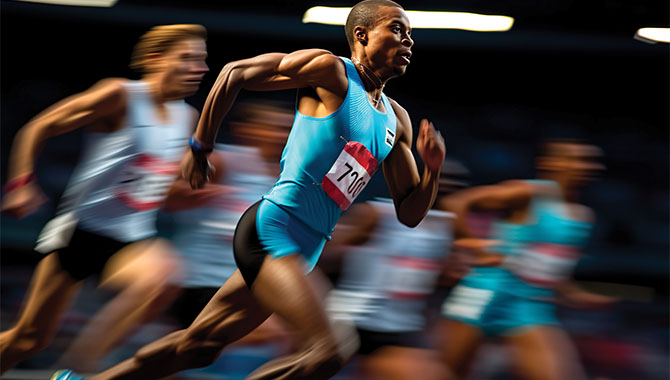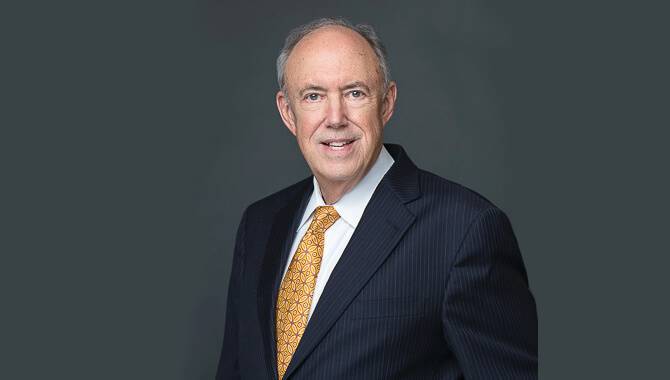
On 15 May, 2018, the United States Supreme Court issued its Murphy v. National Collegiate Athletic Association decision in favor of the State of New Jersey, striking down the 1992 Professional and Amateur Sports Protection Act (PASPA) that prohibited states from legalizing sports wagering. Immediately following the decision, the National Indian Gaming Commission (NIGC) issued a statement affirming its support for Indian Tribal regulators’ ability to drive decisions as to how Tribes would participate in the new legal sports wagering market. The NIGC stated, “We anticipate that Tribes will be given a seat at the table to voice their positions, bring their perspectives and collective expertise, and maintain regulatory and operational control over all the gaming that occurs on their lands.”
Under the Indian Gaming Regulatory Act of 1988 (IGRA), sports wagering falls into the broad category of Class III gaming, which can only be conducted by Indian tribes pursuant to a negotiated compact with the state where the gaming takes place. These Class III gaming compacts contain provisions limited to the application of State and Tribal laws and jurisdiction related to the gaming and gaming land, reimbursement to the State and local governments for use of municipal services, exclusivity fees, and other provisions “directly related to the operation of gaming activities.” These compacts enumerate the types of gaming that may be conducted by the Tribe. Plus, amendments are generally necessary to allow the Tribes to proceed with new gaming, including sports wagering. For the stand-alone Tribal casino, sports wagering has to make economic sense for the Tribes to open negotiations and grant concessions to be able to proceed with sports wagering.
A recent Eilers and Krejcik Gaming study reveals that since May 2018, 25 states and the District of Columbia have legalized sports wagering and 13 more states are considering legalization. Yet Indian Country is moving very deliberately to ensure that sports wagering would be worth opening existing state compacts and making further concessions to State Governments, which are desperate for new revenue sources due to plummeting pandemic tax revenues. Consequently, while the spread of sports wagering has gone viral nationwide, as of this year, very few Tribal casinos have opened sports-books. At press time, only New Mexico, North Dakota, Oregon and Michigan have tribal operations with some form of sports wagering, with the Arizona State Legislature having recently approved such offerings.
While I have alluded to concerns about reopening compacts, another element is profitability. Of the States mentioned, only Michigan and the legislation passed in Arizona allow for online or mobile sports wagering, for Tribal casino patrons who desire to wager while off Indian land. Due to the thin margins associated with sports wagering, sportsbooks are offered almost as an amenity to casinos to draw customers in to play their much more profitable slots and table games.
In Nevada casinos, sports wagering was offered to attract visitors to a wraparound brick-and-mortar “resort experience.” For smaller operators, offering on-site sportsbooks doesn’t pencil out, and the ability to generate a larger handle by reaching more bettors through remote wagering is necessary to survive. As an example, upward of 90% of New Jersey’s sports wagering revenues are derived from online, remote betting rather than in-person sportsbooks. Recent national statistics bear out this trend, with remote sports wagering responsible for 82% of overall revenue.
The Nevada Gaming Abstract, a collection of statistics from Nevada’s casinos, reports that sportsbooks’ net win (revenues less payouts) have ranged between 4% to 6% annually. Looking at the profitability of the overall operation, if a sportsbook has a total handle (face value of wagering tickets) of $1m, that means on average, the net win will be somewhere between $40,000 to $60,000. Immediately deducted from that amount would be the Federal Wagering Excise Tax of .25% of the handle, which means the US treasury takes $2,500 off the top, regardless of the outcome. The state gaming taxes, which in Nevada are 6.75% of net win, means another $2,700-$4,050 deducted from the win total. Subtracted from that would be the costs of operating the sportsbook itself, which include among its expenses: labor, cable and satellite television charges, information services, software fees, marketing charges for players clubs, customer complimentaries, security, accounting, advertising and general overhead charges. After all of these expenses have been calculated, the profits, assuming there are any, would be subject to the company’s corporate income tax.
While larger volume sportsbooks with a substantial handle can overcome statistically thin operating margins, smaller operations like Indian tribes must consider all of the variables inherent within their market; including whether wagers must be made on the Indian gaming lands specified in the Tribe’s federally approved tribal gaming ordinance and compact. Most of the national and international sportsbook operators are behemoths backed by billion-dollar companies spending millions on advertising to sign up players and to secure market share. Their technology, superior information and customer base, including relationships with major sports leagues, would make competition as a standalone sports-book unthinkable. Turnkey sports wagering solutions are available, in which the casino hosts a kiosk operated by a national sportsbook, and the Tribal casino takes a commission on wagers rather than accepting the risk of operating its own book. In some instances, the national sportsbook operators have tried to lure tribal operators with large up-front incentive deposits. However, these payments would likely be based on the understanding that wagering would not be confined to the casino building. Notwithstanding, those commissions are still unlikely to motivate Tribes to open compact negotiations when the overall uncertainties could be much greater.
We are in the beginning stages of the sports wagering phenomenon and therefore much is still to be written. For the most recent “big game” there were breakdowns overloaded on a particular side. However, the interest in sports wagering is undeniable. Hopefully, such visibility will not attract too much attention from Congress, which periodically floats the idea of another layer of federal regulation and taxation to spoil the party.
Size matters
While margins can be tenuous, even those profits can disappear when the sportsbook gambles against the players by accepting large wagers that it’s unable to offset with patrons on the other side of the bet. For example, Houston’s Jim McIngvale, also known as “Mattress Mack,” placed a $3.46m bet on the Buccaneers (+3.5) with DraftKings on Super Bowl Sunday, and took a payout of $3.16m when Tampa Bay beat the Kansas City team, 31-9. While DraftKings can absorb that loss due to the size of its handle, such a payoff, if not properly balanced, could wipe out a smaller operator.
Sports wagering is also known as bookmaking because operators must balance the books between the two sides on the event (with ties being a “push”). The sportsbook’s profit is the vigorish, or the commission received on the difference between what is wagered and what is paid. The bettors select a position, either based upon point spread (by how many points a team must beat, or not lose to the other team) or select a particular team and then bet the amount, which needs to be wagered in order to collect a variable payout amount. For the most recent Super Bowl, Kansas City was favored to win by 3 or 3 ½ points, depending when and where the wager was made. A wager on the favorite would only win if the final score had Kansas City winning by more than that number and therefore it was able to cover the point spread. In this case, the underdog, Tampa Bay did not lose by more than 3 ½ points; in fact it won the game outright. To account for the vigorish, a bet on either team (taking, or giving up the points), required a bet of $110 in order to win $100 (11 to win 10). If a bettor wanted to wager on a particular team winning without regard to the point spread, that is called a money line bet. The amount of the wager or the amount won would be varied depending upon whether the bet was on the favorite or the underdog, with the number based upon the odds set by the sportsbook. If a team is listed as +120, that means to bet on that favored team to win, a bettor would have to wager $120 to win $100. In the case of a team listed as a -120, a bet of $100 on the underdog would win $120. There were several substantial money line bets on the Super Bowl, Mattress Mack was one instance and in another, a patron wagered $1m on the underdog at -135 and won $1.35m. This is a very simplified primer on sports wagering, since there are also all manner of proposition bets, such as whether the total score would be more or less than a number postulated by the bookmaker (over-under), or the myriad of other exotic wagers offered for a Super Bowl, such as which team scores first, the possibility of a safety, etc. These wagers are mostly low limit and for the purposes of player engagement.

